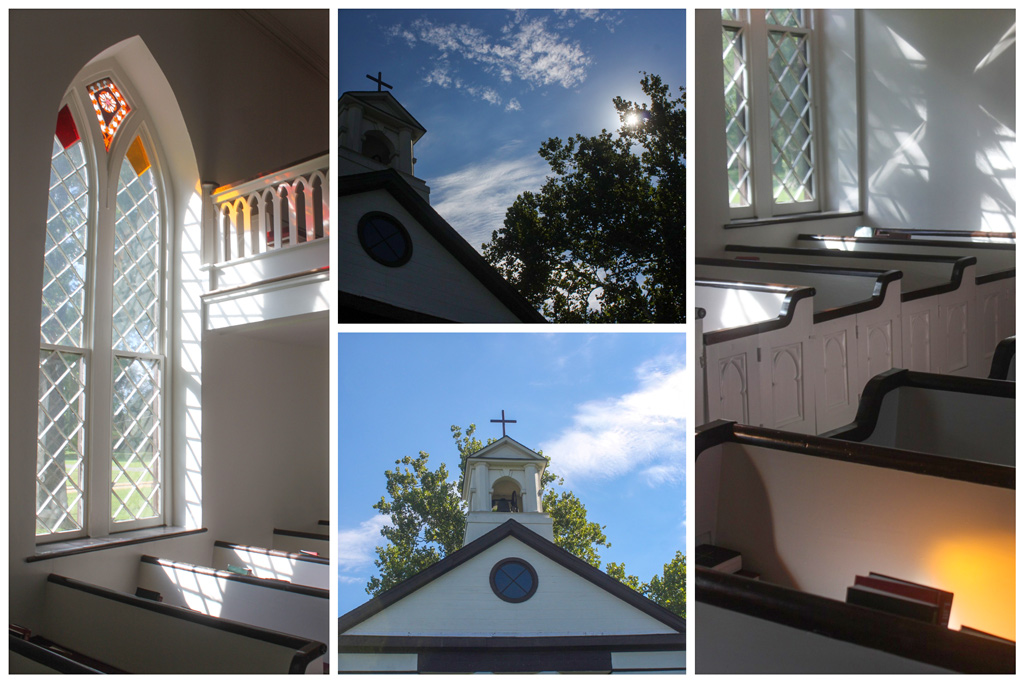Luke 12:49-56 is a challenging passage that speaks of division and judgment, often surprising those who associate Jesus solely with peace and harmony. Here are four voices interpreting this scripture:
1. The Fire as the Holy Spirit and Judgment
Author: John Gill (from his Exposition of the Entire Bible)
John Gill, in his commentary, interprets the “fire” in Luke 12:49 primarily as the Holy Spirit, which Christ came to send upon the earth. He connects this to the events of Pentecost, where the Spirit descended as “cloven tongues as of fire.” This fire is seen as having a purifying, illuminating, and consuming effect, bringing zeal and love to believers and consuming dross. However, Gill also acknowledges that this fire, in its application, would lead to division, as the preaching of the Gospel would inevitably expose and condemn sin, leading to a separation between those who accept it and those who reject it. The “baptism” Jesus refers to (v. 50) is understood as His suffering and death, which were necessary precursors to the outpouring of the Spirit.
2. The Division as a Consequence of the Gospel’s Nature
Author: Matthew Henry (from his Commentary on the Whole Bible)
Matthew Henry emphasizes that the division Jesus speaks of (Luke 12:51-53) is not a direct aim of Christ’s religion, which is inherently peaceable, but rather an unavoidable consequence of its opposition to human pride, lusts, and worldly ways. The gospel, by its very nature, demands a choice, and this choice will inevitably create rifts, even within families, as some embrace the truth and others cling to their old ways. Henry sees this division as a necessary part of the gospel’s wide publication and impact, shaking up existing societal and familial structures that are not aligned with God’s will.
3. The Lack of Discernment in the Present Time
Author: Adam Clarke (from his Commentary on the Bible)
Adam Clarke focuses heavily on verses 54-56, where Jesus rebukes the crowds for their inability to “discern this time.” Clarke interprets this as a critique of their spiritual blindness and lack of understanding regarding the significant epoch they were living in. They could read natural signs (weather patterns) with accuracy, but they failed to recognize the far more crucial spiritual signs of the Messiah’s presence and the in-breaking of God’s kingdom. This “hypocrisy” (v. 56) isn’t necessarily deliberate deceit but a practical inconsistency – an ability to discern in trivial matters while remaining oblivious to the profound spiritual realities before them. For Clarke, Jesus is urging them to judge what is right for themselves, implying a need for spiritual discernment and a proper assessment of the present call to repentance and faith.
4. The Fire as a Purging and Refining Work
Author: David Guzik (from his Enduring Word Commentary)
David Guzik views the “fire” in Luke 12:49 as a purging and refining work that Jesus came to bring. This fire represents the impact of His ministry and the truth of His gospel, which, like fire, reveals what is genuine and consumes what is dross. While it brings salvation and redemption, it also hardens hearts that resist it, leading to further separation. Guzik highlights that Jesus “wished it were already kindled” because He understood the heavy burden of His mission and the necessary suffering (His “baptism”) that had to precede the full unleashing of this refining work. The subsequent division within families is seen as a direct result of this purging process, where allegiance to Christ demands a radical reordering of priorities, even above familial ties.


 Pentecost 10 – Fire!
Pentecost 10 – Fire! 

